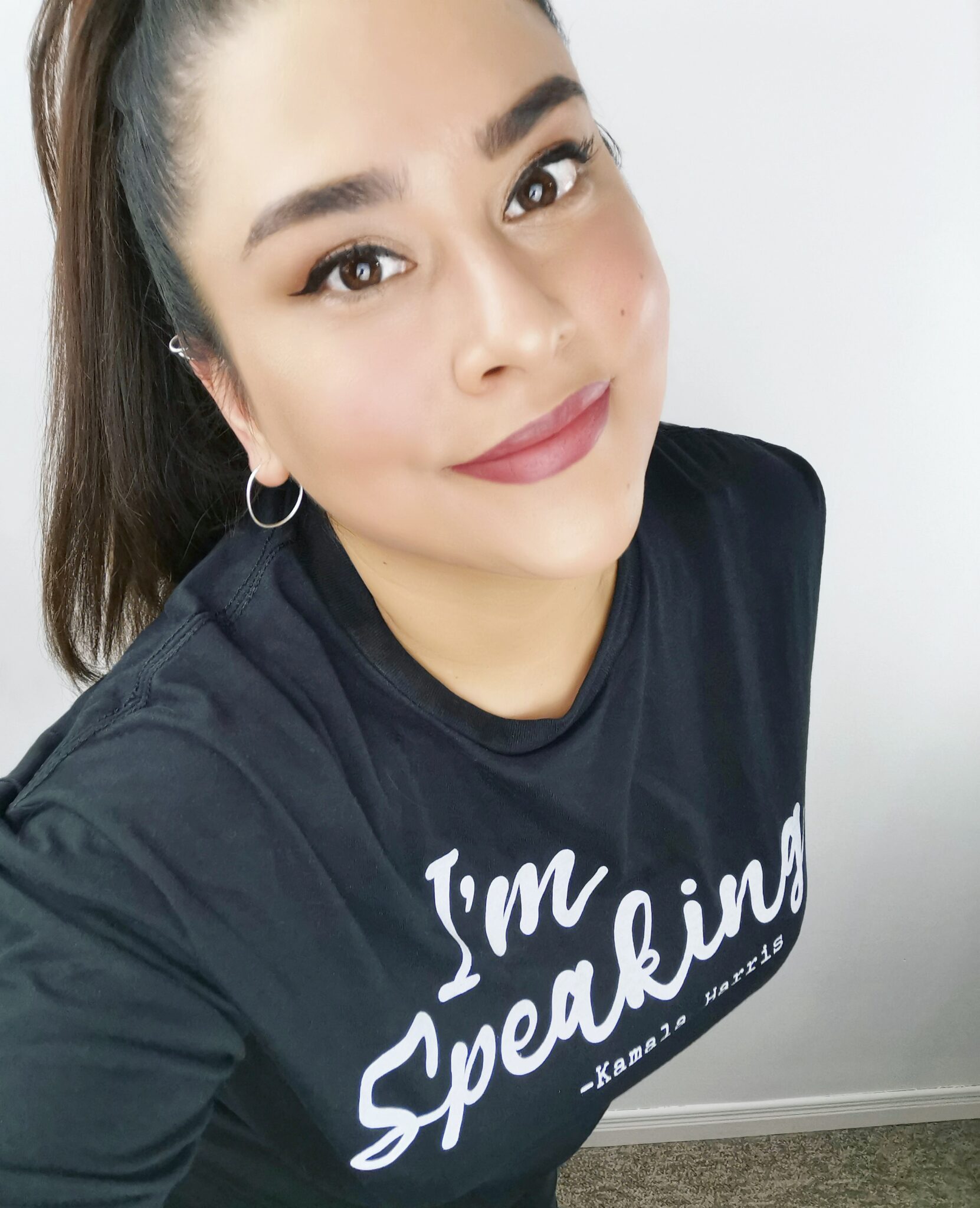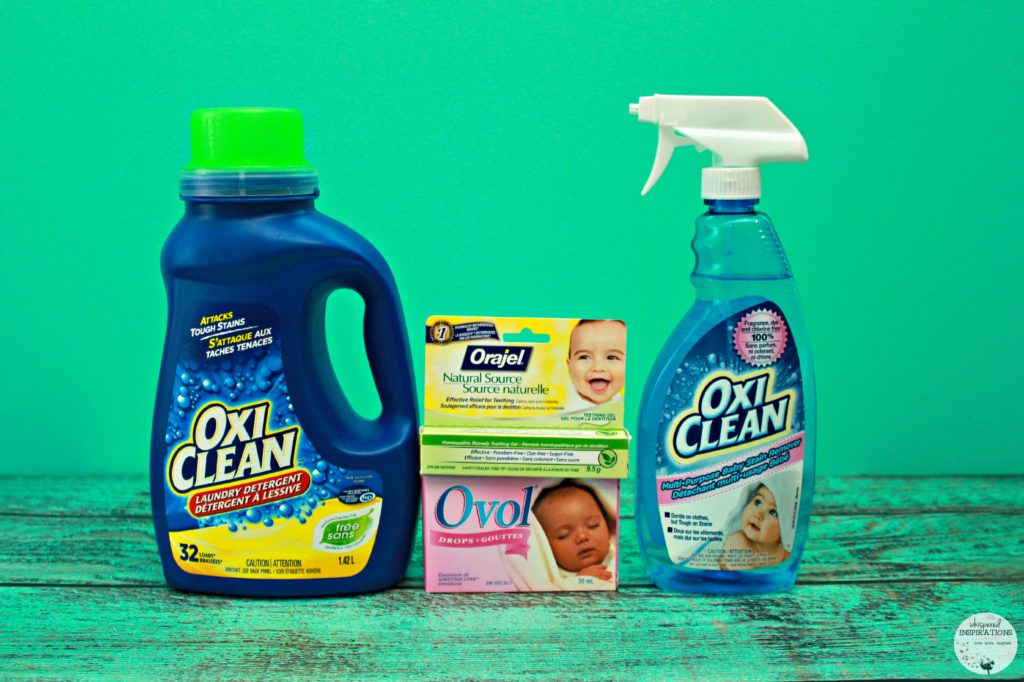8 Ways to Help Kids Reduce Fear of Needles! #tips

Help Kids Reduce Fear of Needles.
Growing up and into my adulthood, I’ve had my fair share of needles. According to my parents, my love of milk made my teeth strong which resulted in a dentist’s visit to extract every single baby tooth. That meant many needles for freezing my gums.
Then of course, my parents made sure our vaccination shots were always up to date. While needles do hurt, vaccinations are important in protecting from serious illnesses.
Years ago, I had a health infliction that made daily blood tests and shots necessary. So, I know my way around a needle. With my own kids’ health, I’m an advocate of prevention and getting the proper vaccinations and making sure they are up to date to help protect against illness and outbreaks in our communities.
Being a young mom, I was always vigilant and extra careful when they were newborns. Some would say, a bit fearful. My kids didn’t go anywhere that were around large groups of people until they had had their first vaccinations. Since babies in the first two years of life are especially at risk of getting one of many serious childhood diseases that can be prevented through immunization, I wasn’t ready to take that risk. So vaccinations were definitely a protective must-do for us. Not to mention that if too many people delay or refuse vaccines, more cases of serious diseases can be spread.
Regardless, getting needles is a part of life, and it’s okay for both kids and adults to be afraid of needles. Here are some ways you can reduce your child’s anxiety when it comes to getting shots!

1. Be Informed.
The most important thing that I have ever done was to research and be informed about vaccinations. That way I knew exactly what they were for and could explain to the kids what they were being protected against. Not to strike any type of fear, but to give them reassurance that this was necessary and was part of maintaining good health. That helps the thought of the needle.
It’s always good to look into what your child needs in order to attend public school as well. Especially since parents are required to provide records of their child’s immunization to their local public health unit.
Now that everything is getting more digital, if you have young kids you can hop online to www.Ontario.ca/vaccines and use their easy-to-use immunization scheduler. It can help you stay on-top of your child’s appointments with your doctor.
It’s also good to know that most vaccines need more than one dose over time to produce full protection. That’s why it’s important to follow the immunization schedule—it gives the best protection with the fewest doses of each vaccine.
Children in Ontario must have the below vaccinations to attend public school (unless there is a valid exemption):
- Diphtheria
- Tetanus
- Polio
- Measles
- Mumps
- Rubella
- meningococcal disease
- whooping cough (pertussis)
- chickenpox (varicella) – required for children born in or after 2010
2. Know the ‘When’.
Not only is it beneficial to know the schedule of vaccinations, it helps with preparing your children. You can expect your child to have different vaccinations according to their age. It’s also good to know so that you can explain to them that not every doctor’s visit results in a needle. If you know when your child is due, you can make appropriate preparation for it.
At 4 and 6 years old, children should receive the following vaccines:
- tetanus, diphtheria, pertussis, polio, measles, mumps, rubella, chicken pox
In grade 7, children should receive the following vaccines:
- meningococcal conjugate (Men-C-ACYW), hepatitis b, human papillomavirus (HPV)
Between 14 and 16 years old, teens should receive the following vaccine:
- tetanus, diphtheria, pertussis
3. Speak the Truth.
One of the things that I’ve always done with our girls is to tell them the truth. I tell them they are booked for their appointments and that they are due to get their shots. If your child asks if the shot will hurt, tell the truth. Just let them know that the shot can pinch or sting a little bit, but it passes quickly. Reassure them that you will be there every step of the way. It’s a great chance to teach them that it protects them from disease and protects vulnerable kids who are too young to be vaccinated or can’t be vaccinated for medical reasons too. Once they have their shots, give them a hug and a big smile—it can go a long way!
4. Know How Much to Say.
For some kids, telling them too much can cause them anxiety. I’ve made that mistake with Mimi once. Now, I have to tell her the day of because if I tell her too soon, she worries every day until the day of the appointment. If being vague with your kids helps them be at ease, do so. If they ask if they are getting shots at the doctors, you can always say that you aren’t sure but, there is always the possibility. Reassure them that if they are to get a shot, that you’ll be there the whole time.
5. Minimize the Pain.
Under the advice of our physician, we have always done two things. We give them a pain reliever with their appropriate dose and when they were younger, we used anesthetic cream to numb the skin. Once they get there, you can always hold their hand and carry on a conversation until the deed is done. As always, ask your doctor or public health unit what they think is best and what, if anything, they would prescribe to your child.
If a pain reliever is not recommended, it’s always good to have an ice pack handy. That way, it will help after the shot.
6. Step Back When You Need To.
Sometimes your child can get to the point where they’ve become so fearful and can get into hysterics. The nurses are there to help calm your child when you’ve tried your best. I know there is nothing worse than seeing your child cry or be in pain but, sometimes stepping away can help the process go smoother. You can always step back and talk calmly to them while the nurses give the shot. As always, be there right after for support, reassurance and hugs!
Have them sit in your lap if they’re younger or have them sit for a while until they’ve calmed down or to prevent them from getting dizzy or light-headed. If the injection site is sore, give it a rub or apply an ice pack.
7. Reward Them.
I know some parents may not like this idea. But, after shots the girls get stickers or a lollipop and a lot of praise. Now that Gabby is older, she doesn’t really look forward to rewards but, she understands that getting shots is beneficial to her health. While Mimi still doesn’t understand that getting shots protects her well-being, the lollipop or stickers can really help to establish that while it hurts a bit, it’s alright in the end. Most times, the doctor has some on hand. Sometimes bringing a snack helps to keep them preoccupied and keep their mind off the shot.
8. Be Vigilant.
Lastly, stay at your doctor’s office for 15 minutes after a vaccine is given. Doctors and nurses are prepared to treat any reaction, if it should happen. Keep an eye out for any side effects that the vaccination may cause for a few days after vaccination. Like with any medicine, side effects can occur after vaccination. Most side effects are minor and don’t last very long; the most common things you can expect from vaccines are crankiness, swelling, tenderness at injection site, mild fever, headaches and fatigue. Trust your gut, if anything more serious occurs—seek medical attention.
Hopefully, with these tips, your kids can be a bit more at ease. The most important thing to remember is to be there for them, you know your child best and what helps them. Rely on your doctor and nurses to lend a hand if you need it too!
For more information, visit www.Ontario.ca/vaccines to get updates, schedule information and more!
What helps you or your child to ease needle anxiety when it’s time for shots?
Let me know, til then–cheers m’deres!

This post was developed in association with the Ontario Ministry of Health and Long-Term Care. The opinions are my own.

Nancy Polanco is a freelance journalist, lifestyle content creator, and editor of Whispered Inspirations. She is a proud Mom to Gabby and Michaela and partner and best friend to Darasak. Having worked as part of a health care team for almost a decade, Nancy is happy to be back to her passion. She is a contributor to the Huffington Post, TODAY’s Parents, and an Oprah Magazine Brand Ambassador.







All great tips. Need to start right from their first needles making it not scary.
Yep, I absolutely agree!
Maybe Im weird because needles never freaked me out. I think because my parents never freaked out. That helps too!
I think that makes a world of a difference.
We always get ice cream after the kids get any needles. They do not like getting them but understand they have to do it.
That is great that they understand, it is so important!
My kids were pretty good when it came to getting any shots. My Son had a problem with getting his blood drawn. He would always faint poor guy. He had some health issues around 10 years old and he had to get a few blood tests done. I found bribing him worked best.
The reward always helps!
I have been lucky with my kids. Other then routine needles they have never had to get blood taken. I find giving them Tylenol before helps a lot.
I think that helps them too. Especially with the soreness afterwards.
I just had a few shots the other day. One was Tetanus and my arm is still red and itchy. I found offering a treat after always helped to calm my kids down.
Same with my kids too!
It was always a big deal when we had to take the kids for needles when they were little. I found the reward was what worked the best for us.
I find that works really well too!
Thanks for the good tips.
I will pass this on to my family member moms.
Awesome, hope it helps!
These are great tips- I was that kid. I only got over my fear when I got pregnant. You’re a human pin cushion then.
You are so right!
Great tips minimize the pain is great , the numbing cream is amazing , they used it when my daughter was 2 to put an iv in she didn’t even notice
Yes, it really does help. 🙂
My kids seem okay with needles, it is hubs I will be using these tips on 🙂
Haha, I love this!
The numbing cream is a must if the child is nervous having to receive a needle,all great tips thanks!
It definitely helps!
I need all these things and I’m not a kid!
If it works for you, no shame!
My kids love cute bandaids so we always make sure to pick a favorite out the day before or the morning of the appointment and give them to the nurse who is giving the injection. They’ve always been very happy to use the bandaid we’ve brought rather than the plain ones their office provides. Giving my kids the choice of which arm they’d like their shot in also seems to give them a sense of control over the situation which can help with some of the fear.
Wow, that is a great idea!
These tips sure came in handy with the young fellow getting his booster this am
OMG, so glad it helped!
My kids were both pretty good about getting their shots. I think it helped that we were honest about what was happening and never made a big deal about it.
I think that makes a big difference!
If they have a bad experience getting a needle it can be a struggle everytime
You are right!
My youngest grandson just got his 6 month needle and what a trooper he was never even cried !
Such a brave little boy!